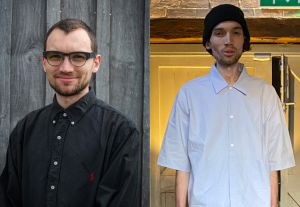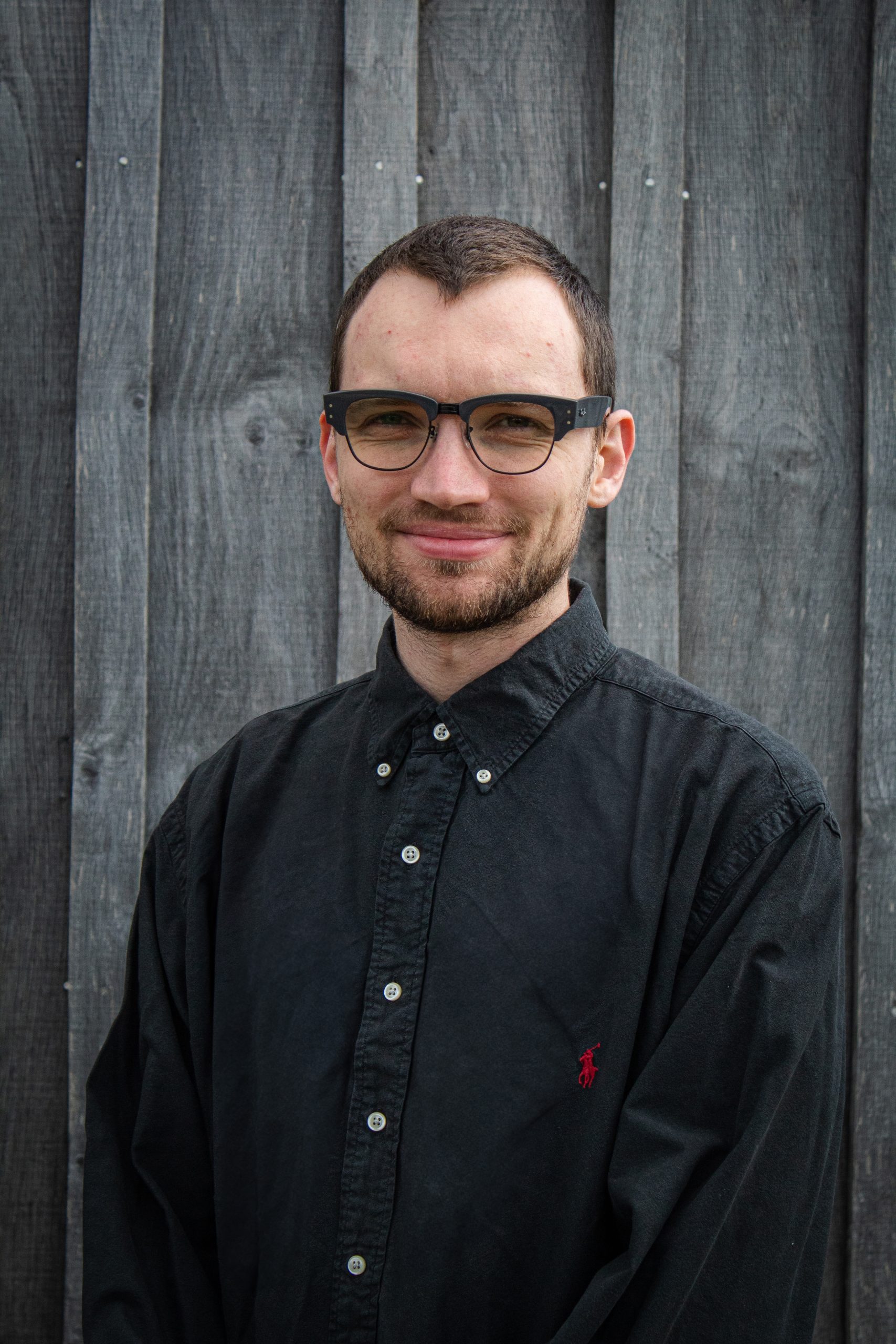Please bear with me, although this starts negative, it will get very positive. I fully believe I will recover! Before getting ill with Mast Cell Activation Syndrome, I was a Junior Architect who loved sports and being out and about.
Beginnings and EBV
Then during 2019 I started to be unwell. I was struggling with constant infections, fatigue and gut symptoms. I was diagnosed with a recent infection of Ebstein-Barr Virus (Glandular Fever). Additionally, the flat I was living in had a mould problem. Not being able to exercise or drink as a person in my 20’s was frustrating but I could still work and live my life.

‘Long Covid’
Then, the week before Lockdown one in March 2020, things got really bad. I was bed bound and felt like I had the worst flu. However, it was nothing more serious than that and I wasn’t hospitalised. The scary thing was it just would not go away. I started to get many scary symptoms. Then that summer, I tested positive for antibodies of Covid so was diagnosed with Long Covid.
It was terrifying, every part of my body seemed to be affected. From urinary to neurological, skin, joints and, most of all, awful gut symptoms. I was suddenly hypersensitive to foods and scents, hot baths and even hot weather. I was embarrassed and did not feel comfortable talking about it. I felt strange, weird and alone.
I was eating so much food and was losing a load of weight. I went to see a good Long Covid consultant and he advised me that ‘I might have MCAS (Mast Cell Activation Syndrome)’, but did not fully commit. I tried the medicines but they did not seem to work (more on this later, now they definitely do), so we gave up on the MCAS diagnosis. Due to my symptoms I was becoming scared of eating, and my quality of life was extremely poor. I had no one giving me hope of recovery.
My treatment on the NHS wasn’t great. Some GP’s told me it was just anxiety, even though I had physical symptoms. Others told me ‘you have ME and you will have it for life. There is nothing I can do for you’. My treatment on the NHS is now much improved. There is definitely hope for others living with MCAS.
Decline and ED Clinic
Then in 2022, things were getting much worse. I had so many tests on my body. The stomach pain was so bad I thought I was dying. My liver was completely overworked and I ended up with non-viral hepatitis. This meant I had to go to the local NHS hospital. They were very unreceptive and I was left with no hope and was suicidal. I had gone from an 84kg amateur rugby player to a 47kg skeleton.
I ended up being put in an eating disorder clinic, having never struggled with body image or restrictive eating before. Although I am grateful for the people I met there, it was not the right place for me and some of it will never leave me.
A few days into my stay, the results from the tests I had done by a specialist came back and showed very high levels of MCAS. It was the biggest relief. I finally had a definitive diagnosis, it was not in my head. Suddenly most people believed me.
I started to research MCAS and found great help from Rare Disease UK, especially reading Karina’s story. Looking back, I have had red flags for MCAS my whole life, as I have always been intolerant to bananas and caffeine. This research lead to a referral to the Tina Peers clinic. Although I understand the kick back towards private medicine I was left with no choice.

Improvement and the future
This doctor has changed my life, I owe him a lot. He has given me so much hope and works on a case by case basis. I believe MCAS treatment is not a one size fits all approach. Although I have a long way to go physically, mentally I am back to myself. I fully believe I will recover. MCAS is curable. Or at least I can get it to the point where it does not affect my life. If I can work, exercise, travel and have a family, then that is recovery for me.
I have also found help from supplements, DNRS brain retraining, low histamine diets and medicines (under medical supervision). I learned that the reason the medicines did not initially work for me was because my biggest trigger is the excipients in pills. Having swapped to compounded medicines I have found great help from them. Although, it is important to remember that MCAS triggers are different for everyone.
Volunteering at Mast Cell Action has made the biggest difference to me. Joining a zoom group for people with MCAS has led me to my ‘tribe’. I am no longer embarrassed about my symptoms. I would like to thank them and everyone who helped get to this point.
You can learn more about MCAS and George’s personal journey by watching his video and reading his booklet on MCAS.
Help us reach more people like George
'I started to research MCAS and found great help from Rare Disease UK’
Donate today




